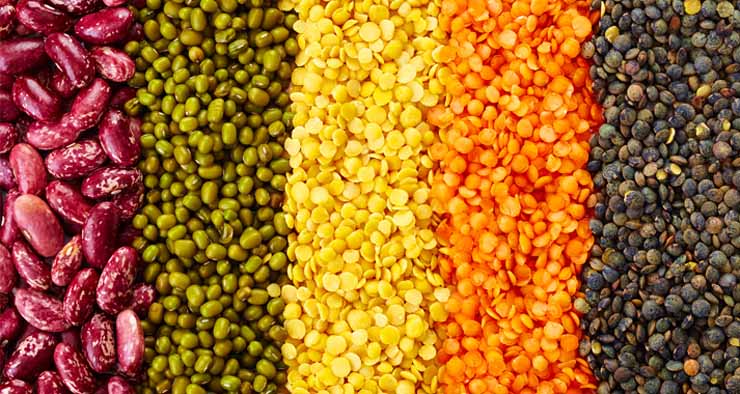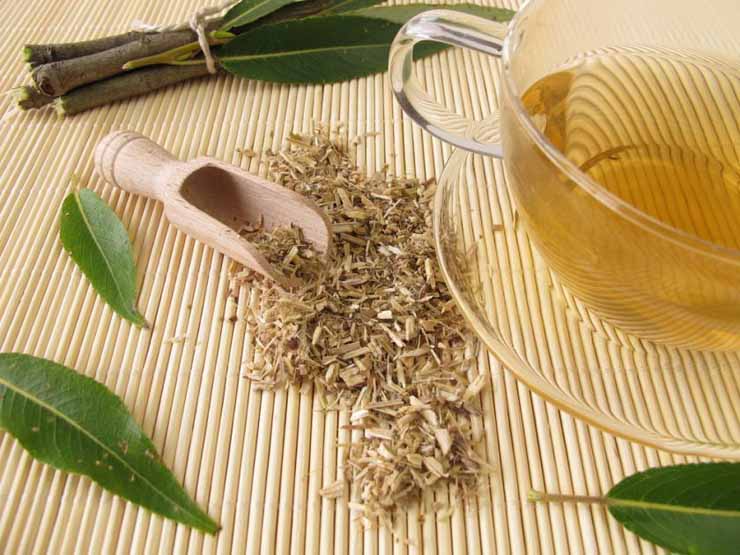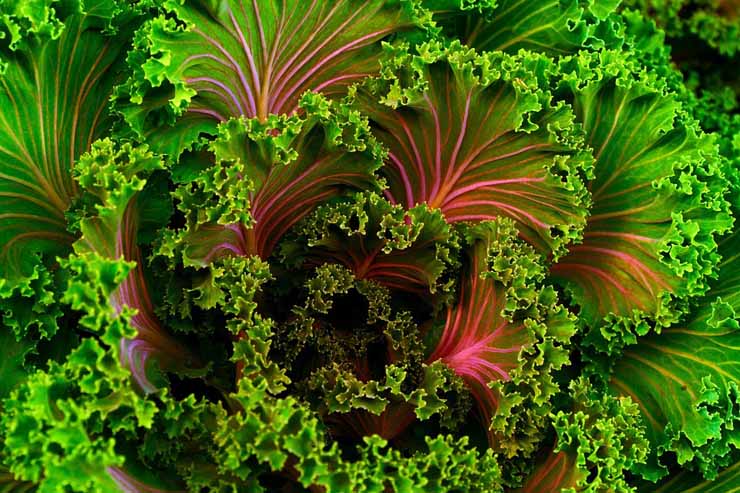
Protein plays a wide range of functions in our bodies. It is necessary for growth and maintenance, for energy, for fluid and salt balance, to build some important substances such as enzymes, hemoglobin, hormones, antibodies. Proteins are a big part of our immunity.
But it is not necessary to consume meat at every meal to meet the protein requirements. In fact, to have even at least one or two days a week without eating meat will be very beneficial for your health. Eating less meat and more vegetables, fruits, whole grains and beans reduces the risk of heart disease and stroke, lowers cancer risk, fights diabetes and obesity and many more.
In this article we give 5 examples of non-meat protein meals.
1. Nuts and seeds

Moderate use of nuts and seeds in the diet can add variety and nutrition to your diet. Nuts are an excellent source of protein, fiber, vitamin E, magnesium, zinc, copper, selenium, potassium, phosphorous, vitamin B2, biotin, and iron, as well as “good” fat and many phytochemicals.
Their hard shell keeps nuts fresh because the concentrated oils contained in nuts can easily go rancid and spoil in the air. That is why it is better to buy fresh raw nuts in shells. Nuts without shells will store longer in a cool, dry place in closed containers than if left in the air or in damp areas.
Seeds can be eaten raw as well. They are a good protein addition to salads, can be cooked with grains or vegetables. Unhulled seeds can be stored in a cool, dry place.
2. Soybeans

Soybeans, or sometimes they are called edamame, are a complete high-quality protein source, and provide more protein than any other legume. One-half cup of cooked soybeans contains 14 grams of protein. Green soybeans can be enjoyed as a snack, served as a main vegetable dish, stir-fried, or added to soups and salads.
Soybeans have lots of health benefits, among which are blocking enzymes that promote tumor growth; inhibiting and suppressing the growth of prostate, breast, lung, colon, and skin cancer cells; regulating and stabilizing estrogen levels, which helps to manage symptoms of menopause and many more. But like with any food, soybeans should not be eaten in excess. Large amounts of soy daily may lead to mineral deficiencies and can depress thyroid function. However, it is safe to consume large amounts of fermented soy products such as miso and tempeh.
3. Beans and legumes

Beans are an excellent protein source. But their protein is not considered “complete”, as they are missing one or more of the essential amino acids. For complete protein, serve beans and legumes with rice, grains, or nuts. They are loaded with energizing complex carbohydrates, calcium, iron, folic acid, B vitamins, zinc, potassium and magnesium, as well as large amounts of fiber.
Beans and legumes also contain certain phytochemicals that have many health benefits such as slowing tumor growth, stopping cancer cells from multiplying, protecting against colon cancer, lowering the risk of breast and ovarian cancer.
For better iron absorption from beans, eating vitamin C-rich foods will be helpful. To reduce bloating and gas after eating beans, eat beans regularly, rinse well before cooking. Adding one teaspoon of fennel seeds or sea vegetables while cooking is another remedy.
4. Grains

Grains are loaded with protein, fiber, vitamins and minerals. They are an excellent source of complex carbohydrates, which are fuel for the body’s vital energy needs. Complex carbohydrates provide a gradual, steady supply of glucose, rather than a quick surge. That makes them essential for maintaining stable blood sugar levels.
While being a good protein source, grains are not considered “complete” protein. The deficiency can be corrected by serving grains with beans or legumes, or with nuts and seeds, for example. For health benefits, grains should be whole, not refined (white), and flours should be made from whole grains.
5. Eggs

Many nutritional authorities suggest that eggs are among the best proteins available. One egg provides about 13-14 g protein. The egg protein contains all the essential amino acids to be readily used by the system. Besides being a great protein source, eggs also contain fat, some important vitamins and minerals. They are also fairly low in calories (about 75 per each egg). Organic free-range eggs are a better choice, since they are loaded with more nutrients than conventional ones.
Sources:
Prescription for Dietary Wellness by Phyllis A. Balch, CNC
Staying Healthy with Nutrition by Elson M. Haas, MD




Leave a Reply